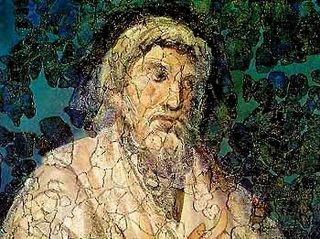A Quote by Lactantius
The first point of wisdom is to. discern what is false; the second, to know what is true.
Related Quotes
My point taken further is that True and False (hence what we call "belief") play a poor, secondary role in human decisions; it is the payoff from the True and the False that dominates-and it is almost always asymmetric, with one consequence much bigger than the other, i.e., harboring positive and negative asymmetries (fragile or antifragile). Let me explain.
All religions, plainly and simply, cannot be true. Some beliefs are false, and we know them to be false. So it does no good to put a halo on the notion of tolerance as if everything could be equally true. To deem all beliefs equally true is sheer nonsense for the simple reason that to deny that statement would also, then, be true. But if the denial of the statement is also true, then all religions are not true.
True celebration should come from your life, in your life. And true celebration cannot be according to the calendar, that on the first of November you will celebrate. Strange, the whole year you are miserable and on the first of November suddenly you come out of misery, dancing. Either, the misery is false, or the first of November is false; both cannot be true. And once the first of November has gone, you are back in your dark hole, everybody in his misery, everybody in his anxiety.
Either Christianity is true or it's false. If you bet that it's true, and you believe in God and submit to Him, then if it IS true, you've gained God, heaven, and everything else. If it's false, you've lost nothing, but you've had a good life marked by peace and the illusion that ultimately, everything makes sense. If you bet that Christianity is not true, and it's false, you've lost nothing. But if you bet that it's false, and it turns out to be true, you've lost everything and you get to spend eternity in hell.


































